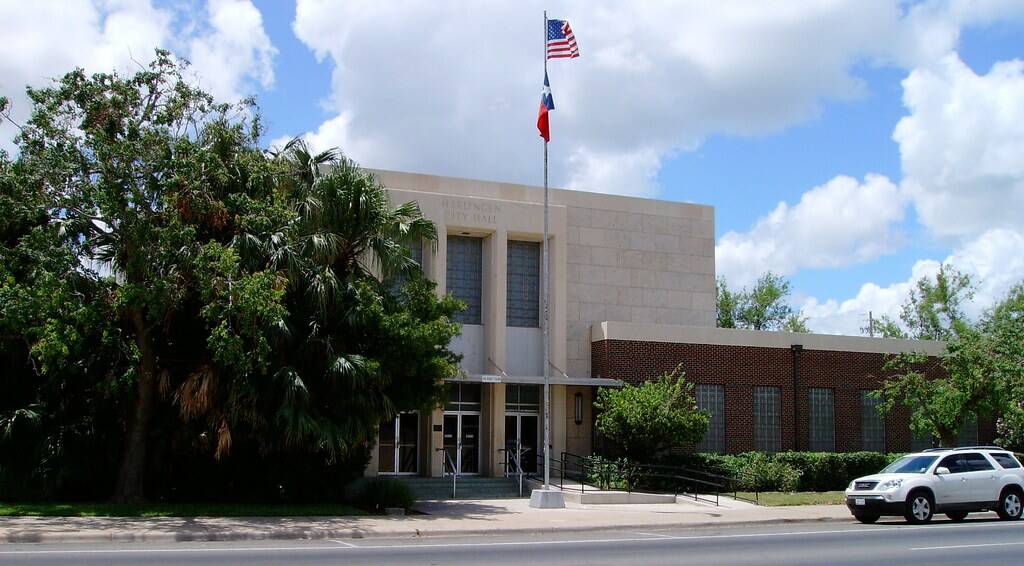|
Only have a minute? Listen instead
Getting your Trinity Audio player ready...
|

HARLINGEN — The city’s employee health insurance premiums keep climbing while officials determine how deep workers will be digging into their pockets to help cover costs.
Earlier this week, city commissioners entered into an agreement with United Health Care after the national insurance giant boosted its rates 4.9 percent, costing the city $389,519 more to cover about 650 City Hall employees.
While the city paid United Health Care a $7.7 million premium last year, this year costs jumped to $8.17 million.
During a meeting, Commissioner Daniel Lopez questioned whether the company was “fleecing” the city, indicating he’d like to shop around for carriers next year.
‘Competitive’ premium
In a presentation, Roger Garza with McAllen-based Valley Risk Consulting, the city’s new insurance consultant, told commissioners negotiations led United Health Care to lower its proposed increase from 12.9 percent to 4.9 percent.
“We thought that was very competitive,” Garza, whose firm replaced a consultant who had worked with the city for more than 10 years, told commissioners during the Aug. 2 meeting. “We compared it against other entities in the area and right now Harlingen is in that very same category — very competitive.”
Under the plan offering employees several options, the new policy’s proposing individual employee coverage starting at about $574 a year while ranging to as much as about $2,339 for family coverage.
At City Hall, officials are working to determine the city’s contribution to individual employee plans, Assistant City Manager Josh Ramirez stated after the meeting.
“The employee contribution depends on the city contribution,” he stated. “At this time, the city contribution portion has not been determined as we are still in the middle of establishing the new fiscal year budget.”
Negotiating rates
During discussion, City Manager Gabriel Gonzalez told commissioners officials countered United Health Care’s proposed 12.9 percent increase, offering to pay 5 percent more this year.
Then, officials requested proposals from other companies, Gonzalez said.
At that point, United Health Care offered to lower its proposed increase to 4.9 percent, he said.
“If you deny this, we’ll have to go out for RFQs,” Gonzalez told commissioners, referring to requests for qualifications. “But I don’t know if we’re going to get back such a great rate as 5 percent. We got a reduction, which is what we wanted.”
‘Fleecing’ the city
Amid discussion, Lopez questioned whether the company was swindling the city.
“I’m fine with that for this year,” Lopez said, referring to United Health Care’s new quote. “But I’m just not a big fan of us having to do that and then they come down 7 percent. That’s a lot, right, and it makes me worry about them trying to fleece us all the time — tried to fleece us in the past.”
In response, Commissioner Michael Mezmar noted costs were soaring across the health insurance industry.
“It’s all part of the game and at a 4.95 percent increase, I think that’s a fabulous small number given inflation throughout the economy and throughout the entire health care system,” he said. “I think it’s a pretty good deal.”
Changing insurance consultants
Last year, commissioners began working with Valley Risk Consulting after dropped McGriff Insurance Broker, an Addison-based firm which had handled the city’s employee health plans for at least 10 years.
Since at least 2013, the city had contracted with McGriff, which in 2021 recommended commissioners select United Health Care as the city’s insurance carrier, dropping Blue Cross-Blue Shield after five years.
That year, on McGriff’s recommendation, commissioners entered into a $5.39 million contract with United Health Care, up $790,000, or 16.8 percent, over the year before.
Commissioners agreed to drop Blue Cross-Blue Shield after it boosted its premium from $5 million to $6.14 million, an increase of $1.4 million.
Nearly every year, city officials have been facing climbing insurance premiums.
For five years, Blue Cross-Blue Shield served as the city’s medical insurance carrier.
In 2016, the city returned to Blue Cross-Blue Shield after contracting with other carriers for three years.
From 2012 to 2015, the city contracted with Valley Baptist Health Plans, which changed its name to Allegian in 2014, for its employees’ health insurance coverage.




